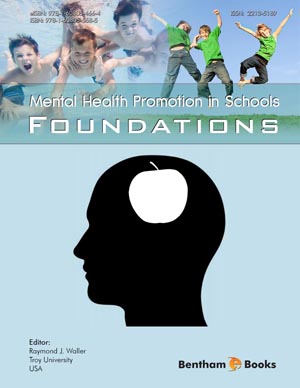Abstract
Response to intervention is a proactive approach addressing the needs of students who do not progress at the expected pace or at a rate commensurate with peers. With this approach, students receive additional needed assistance through the ongoing collection and analysis of data, progress monitoring, and implementation of evidence based practices across all levels of student needs. Intervention without exclusion is emphasized. Avoidance of failure is a paramount concern, and early, intense assistance is an additional focus. Response to intervention was outlined in the newest authorization of the Individuals with Disabilities Education Act, and has been adopted in several states. Though the approach began in the area of learning disabilities, it has been expanded to other domains. Many scholars and practitioners have likewise conceptualized response to intervention to address students’behavioral concerns. This chapter describes response to intervention and proposes that it may be a model for meeting student needs that promotes student mental health in the school setting.
Keywords: Response to intervention, mental health, public schools, mental health professionals, educators, special education, strengths-based approach, universal screening, progress monitoring, models of RtI, standard protocol models, problem solving models, tiers of support, research-based interventions, fidelity.












